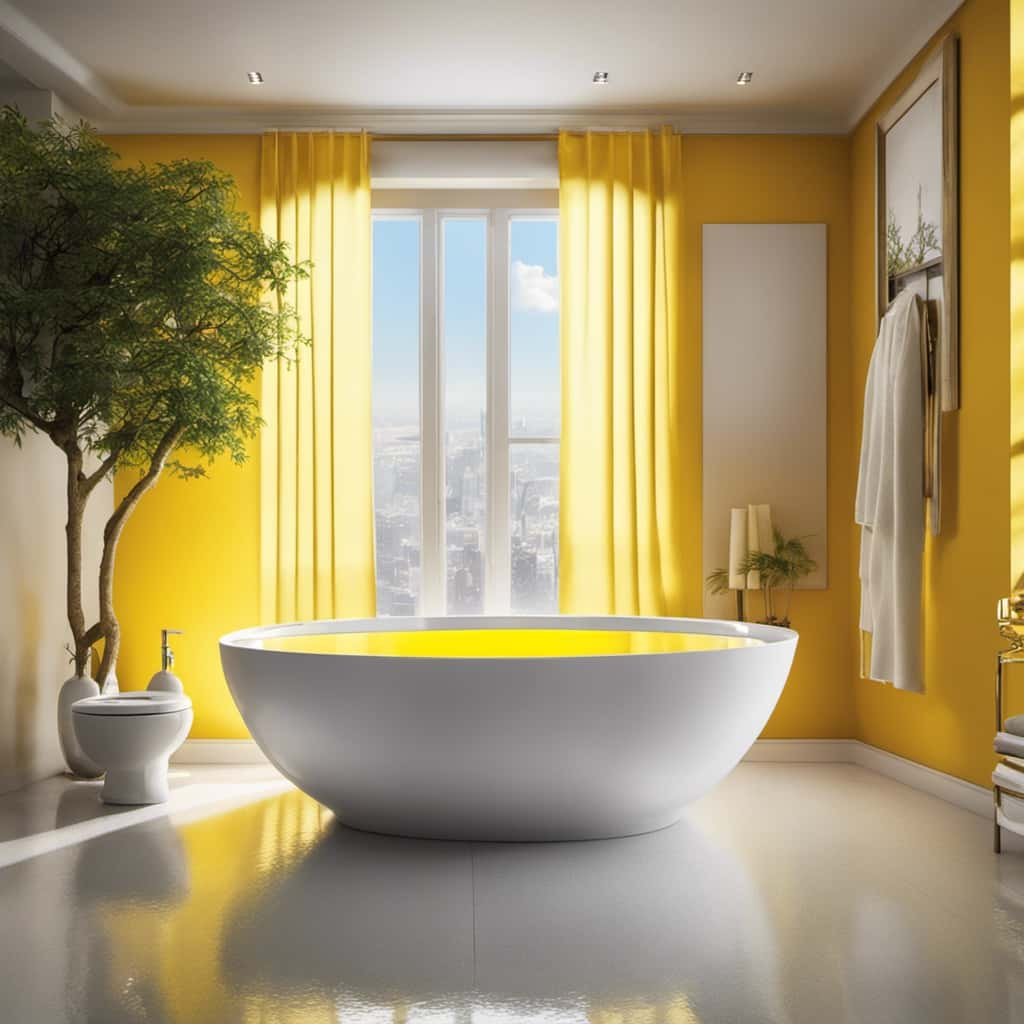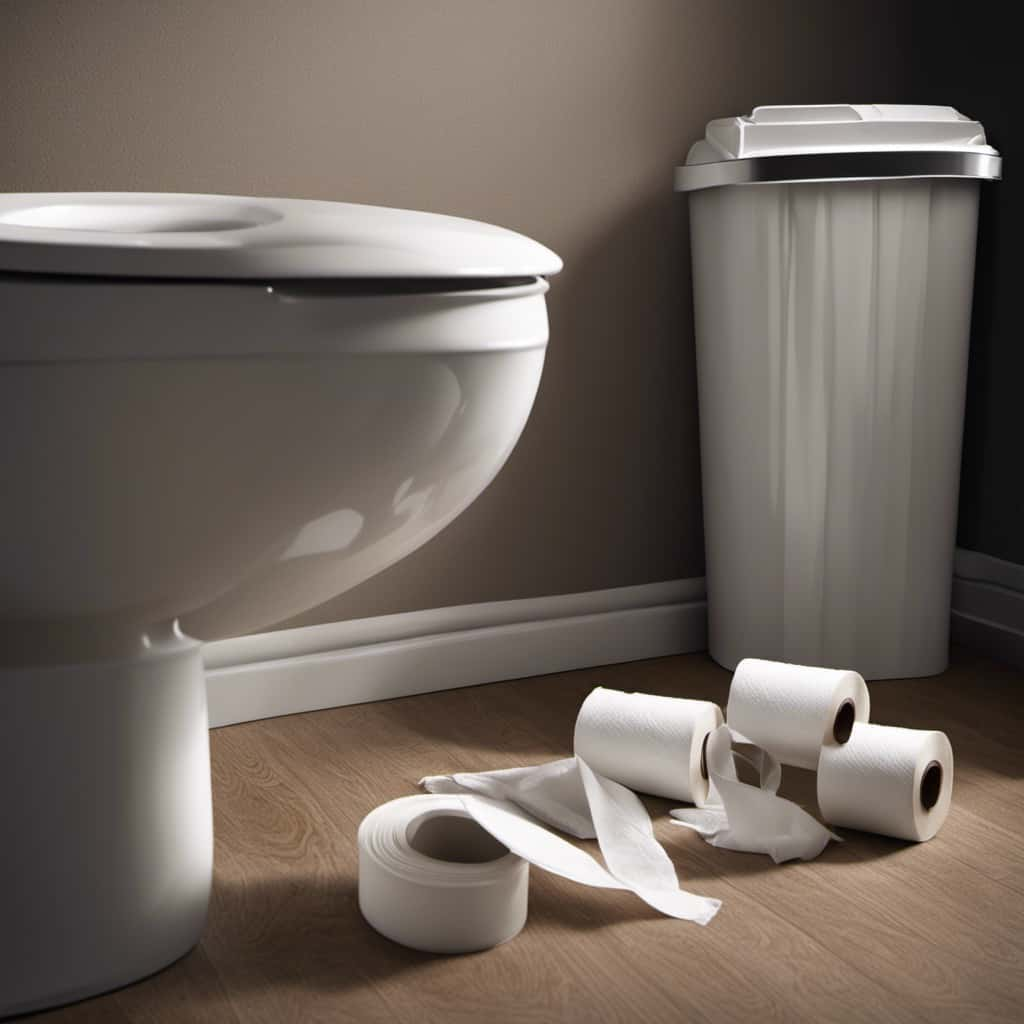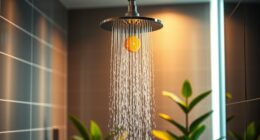Can I, a devout follower of Jewish tradition, dare to defy the sacredness of Shabbat and indulge in the mundane act of showering? The question lingers in the minds of many who seek mastery over the intricacies of observance.
In this article, we delve into the depths of the debate surrounding showering on Shabbat. With a meticulous examination of traditional views and modern interpretations, we aim to find a delicate balance between ritual purity and personal choices.
Key Takeaways
- Traditional Jewish halachic sources generally prohibit showering on Shabbat due to melachot involved such as heating water and squeezing water out of the hair or body.
- Contemporary perspectives aim to balance personal hygiene and the sanctity of Shabbat, with options that minimize the use of electricity and water.
- The purpose of showering on Shabbat should not solely be for personal comfort or convenience, and intentions behind showering should be considered.
- Different types of showers, such as regular showers, sponge baths, and dry showers, have different restrictions and individuals should make informed decisions based on Jewish law and traditions.
Traditional Views on Showering on Shabbat
Traditional Jewish halachic sources generally prohibit showering on Shabbat due to the ritual restrictions and spiritual significance associated with this day of rest.
The prohibition stems from the principle of refraining from activities that involve the creation or alteration of objects or substances, known as melacha. According to these sources, showering involves a combination of prohibited melachot, such as heating water, extinguishing a fire, and squeezing water out of the hair or body.

Additionally, the use of soaps, shampoos, and other cleansing agents may be considered a form of melacha as well.
The emphasis on refraining from physical labor during Shabbat extends to personal hygiene practices, highlighting the importance of spiritual purification and focusing on the spiritual aspects of this sacred day.
Modern Interpretations and Approaches
In my opinion, a more contemporary perspective on showering on Shabbat acknowledges the need for personal hygiene while still respecting the principles of rest and spiritual significance associated with this sacred day.
As cultural influences continue to shape our understanding of religious practices, it’s important to consider the following:
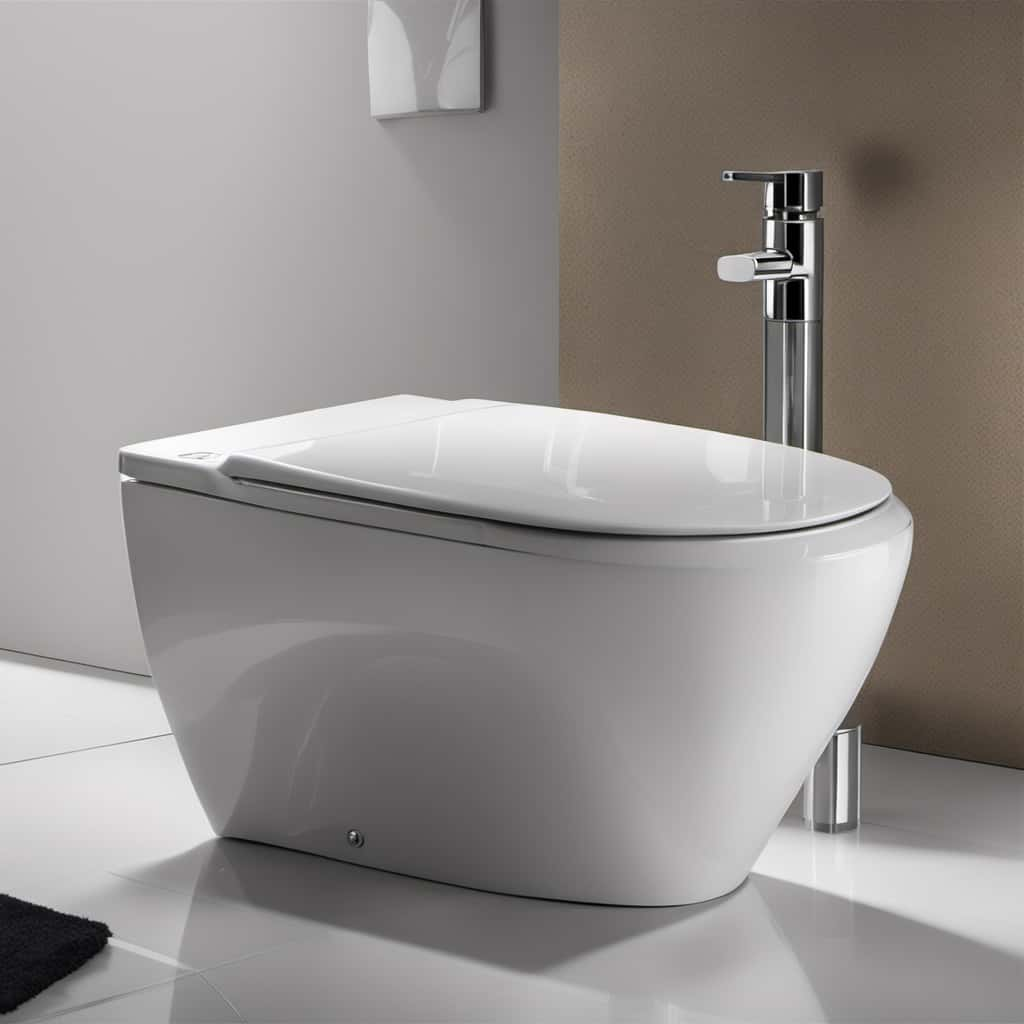
- Balance: Contemporary perspectives understand the importance of maintaining a balance between personal hygiene and observing the sanctity of Shabbat. While cleanliness is essential, it shouldn’t overshadow the principles of rest and reflection.
- Technology: With the advent of modern technology, there are now showering options that minimize the use of electricity and water, aligning with the principles of conservation and environmental consciousness.
- Intentions: It’s essential to consider the intentions behind showering on Shabbat. If the purpose is purely for personal comfort or convenience, it may be worth reevaluating the necessity of showering on this holy day.
The Importance of Ritual Purity
From my perspective, an understanding of the importance of ritual purity builds upon the previous discussion on balancing personal hygiene and observing the principles of rest and reflection on Shabbat.
Ritual purity holds a deep spiritual significance in Jewish tradition, as it symbolizes the purification of the soul and the readiness to engage in sacred practices.
Through ritualistic practices, such as immersion in a mikveh or washing one’s hands before prayer, individuals cleanse themselves both physically and spiritually, preparing themselves to connect with the divine.
These practices serve as a reminder of our commitment to holiness and our desire to approach God with a pure heart and mind.
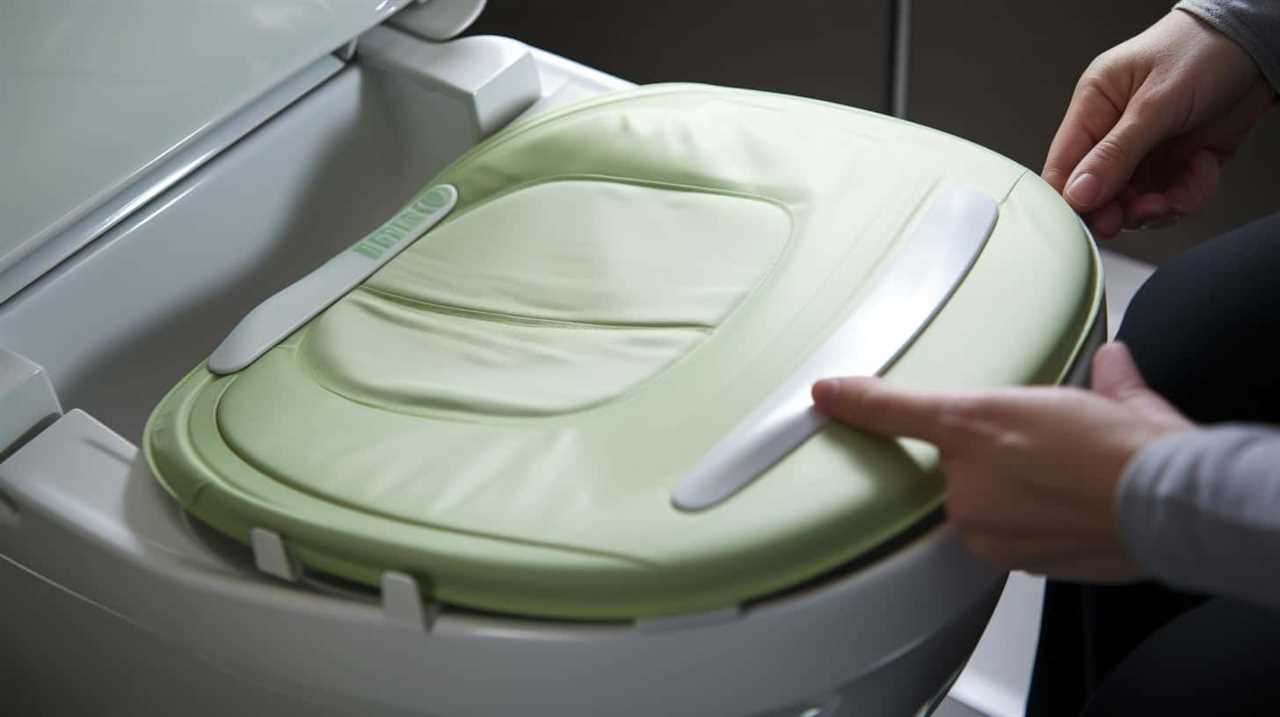
By embracing the concept of ritual purity, we honor the sacredness of Shabbat and deepen our spiritual connection.
Now, let’s explore the different types of showers and how they impact our observance of Shabbat.
Differentiating Between Types of Showers
I prefer to categorize showers into three types: regular showers, sponge baths, and dry showers. Each type has its own set of ritual restrictions and hygiene considerations that need to be taken into account when observing Shabbat.
- Regular showers: These showers involve using water and soap to cleanse the entire body. On Shabbat, ritual restrictions prohibit the use of hot water, as well as the act of squeezing water out of a sponge or towel. Therefore, if one chooses to take a regular shower on Shabbat, they must ensure that the water is lukewarm and avoid any squeezing actions.
- Sponge baths: Sponge baths are a more restricted form of bathing on Shabbat. Instead of using running water, one uses a damp sponge or cloth to clean specific areas of the body. It’s important to remember that squeezing water out of the sponge or cloth isn’t allowed on Shabbat.
- Dry showers: Dry showers involve using dry products such as powder or wipes to freshen up without the use of water. This is a convenient option for those who wish to maintain hygiene on Shabbat without violating any ritual restrictions.
Understanding the differences between these types of showers allows individuals to make informed decisions about their personal hygiene on Shabbat while respecting the traditions and guidelines set forth by Jewish law.

Personal Choices and Balancing Observance
For me, finding the right balance between my personal choices and observing Shabbat is a constant consideration. As an individual, I have personal preferences that may differ from cultural norms when it comes to observing Shabbat. It is important to navigate these differences and make informed decisions that align with my values and beliefs. To help illustrate this point, I have created a table below:
| Personal Preferences | Cultural Norms |
|---|---|
| Taking a warm shower | Avoiding all forms of work |
| Using scented products | Focusing on spiritual activities |
| Listening to music | Engaging in communal prayer |
While personal choices may vary, it is essential to maintain respect for the traditions and guidelines set forth by the community. Striking a balance between personal preferences and cultural norms is an ongoing process that requires thoughtful consideration and a deep understanding of the principles of Shabbat observance.
Frequently Asked Questions
Is It Permissible to Take a Hot Shower on Shabbat According to Traditional Jewish Views?
According to traditional Jewish views, hot showers are generally not permitted on Shabbat. However, modern interpretations have allowed for certain leniencies, such as using a pre-set timer or taking a lukewarm shower.
How Do Modern Interpretations and Approaches to Shabbat Observance Impact the Permissibility of Showering?
As an expert on Shabbat observance, I must address the impact of modern viewpoints and ethical considerations on the permissibility of showering. These factors influence the interpretation of traditional Jewish laws.
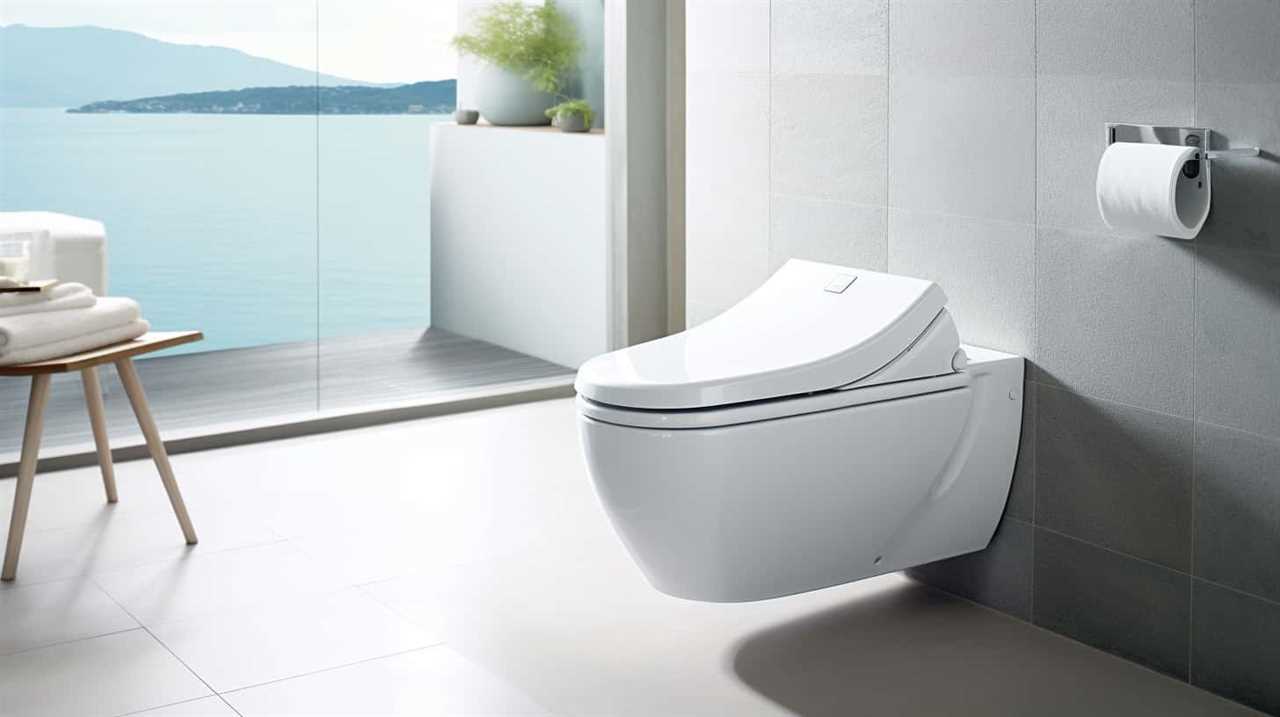
What Is the Significance of Ritual Purity in Relation to Showering on Shabbat?
The significance of ritual purity and the implications of showering on Shabbat are subject to debate. However, it is important to carefully consider the traditions and laws governing Shabbat observance before making any decisions regarding personal hygiene practices.
Are There Any Distinctions Made Between Different Types of Showers, Such as Regular Showers and Therapeutic Showers?
Therapeutic showers have religious implications. They may be allowed on Shabbat if they serve a vital medical purpose. However, it is essential to consult with a knowledgeable authority to determine the appropriate course of action.
How Do Personal Choices and the Balancing of Observance Play a Role in the Decision to Shower on Shabbat?
Personal preferences and religious obligations play a crucial role in the decision to shower on Shabbat. Balancing observance requires careful consideration of one’s individual choices and the impact they have on fulfilling the traditions of the day.
Conclusion
In conclusion, while there may be differing opinions on whether one can shower on Shabbat, it’s important to approach this topic with respect and understanding.
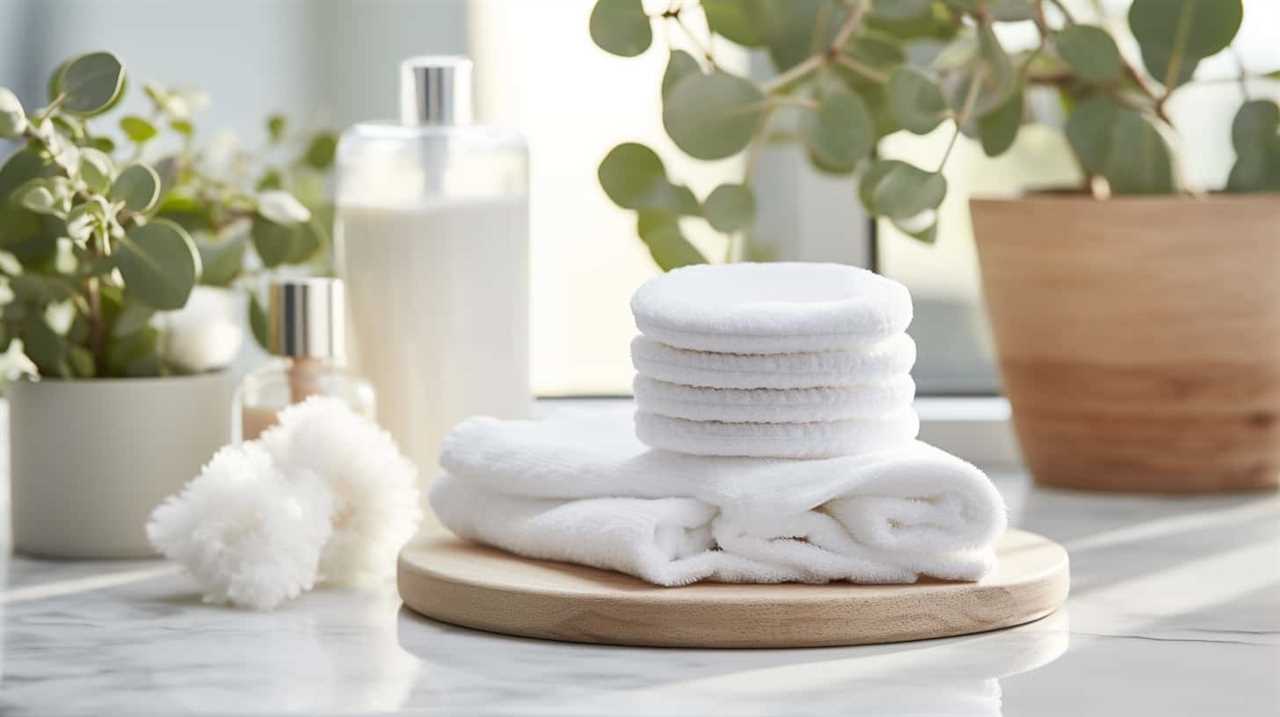
Modern interpretations and approaches have allowed for more flexibility in observing this ritual. By differentiating between types of showers and making personal choices in line with one’s beliefs, individuals can find a balance between ritual observance and personal hygiene.
Ultimately, it’s up to each individual to navigate these decisions in a way that aligns with their own values and traditions.
